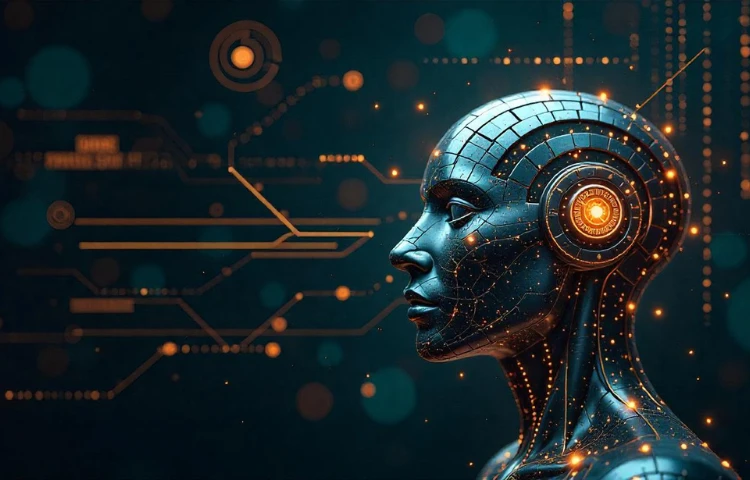

Prefer to listen instead? Here’s the podcast version of this article.
The AI landscape is undergoing a pivotal transformation as ethics, regulation, and governance take center stage. With artificial intelligence increasingly embedded across industries, policymakers, tech leaders, and international bodies are actively shaping frameworks to ensure its responsible and equitable use. Recent developments highlight a growing consensus on the need for transparency, accountability, and global cooperation in guiding AI’s trajectory.
A significant development emerged from the U.S. political arena, where a Republican proposal seeks to impose a 10-year moratorium on state-level AI regulations. This move, embedded within a broader tax and immigration bill, aims to prevent a fragmented regulatory environment that could hinder innovation. However, the proposal has faced bipartisan criticism. Lawmakers argue that, in the absence of comprehensive federal guidelines, states should retain the authority to address AI-related challenges such as deepfakes and data privacy concerns. [The Washington Post]
On the international front, the United Nations General Assembly has taken steps toward establishing a global framework for AI governance. A revised draft resolution proposes the creation of a Scientific Panel on AI and a Global Dialogue on AI Governance. These initiatives aim to foster international cooperation and ensure that AI development aligns with shared ethical standards.
At the Google I/O 2025 conference, the tech giant unveiled the SynthID Detector, a tool designed to identify AI-generated content. This initiative addresses growing concerns about the authenticity of digital media and the potential for AI-generated misinformation. By providing users with the means to detect AI-generated elements, Google aims to enhance transparency and trust in digital content. [The Times of India]
The ethical implications of AI continue to be a focal point of discussion. Experts emphasize the importance of integrating ethical considerations into AI development processes. This includes addressing biases in AI algorithms, ensuring accountability, and safeguarding against unintended consequences. The goal is to create AI systems that not only perform effectively but also uphold societal values and norms.
Open-source AI platforms are gaining traction as a means to democratize AI development and promote transparency. By making AI tools and frameworks accessible to a broader audience, open-source initiatives encourage collaboration and innovation. This approach also allows for greater scrutiny, which can help identify and mitigate potential ethical and security issues early in the development process. [CalChamber Advocacy]
As artificial intelligence continues to shape the future of technology and society, establishing comprehensive governance frameworks is essential. The latest initiatives—from national legislative proposals to global regulatory discussions—demonstrate a shared commitment to ethical AI development. By fostering transparency, accountability, and international collaboration, these efforts lay the groundwork for AI systems that not only drive innovation but also align with societal values and public trust.
WEBINAR